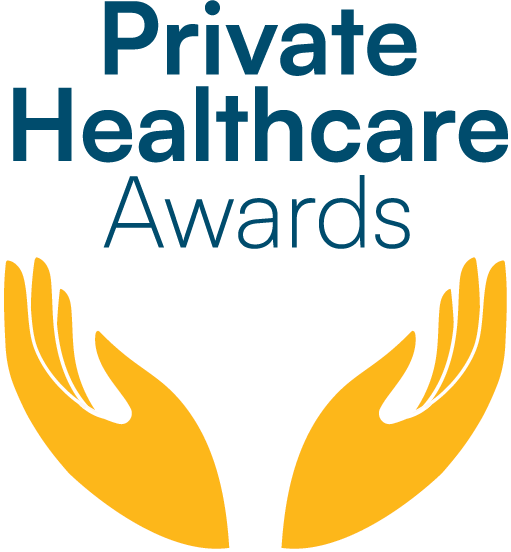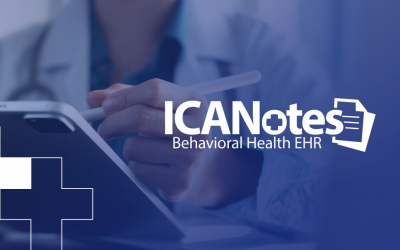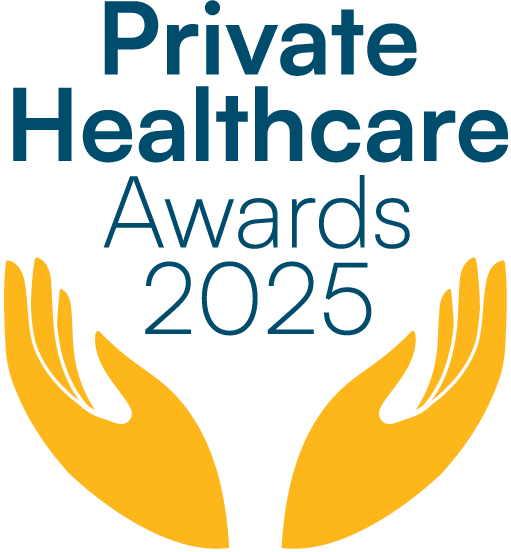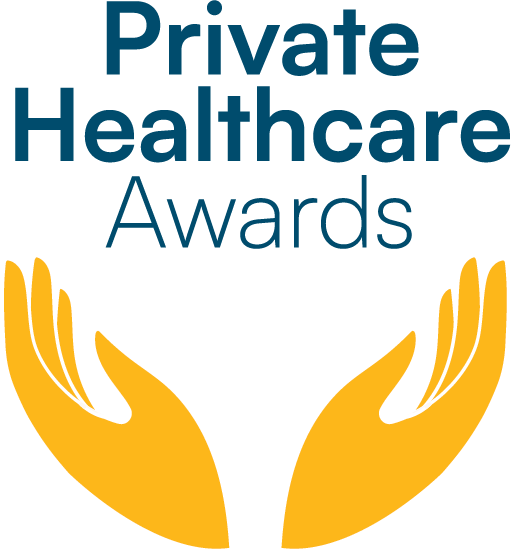 Industry News
Industry News
Private equity in cardiology raises tough questions for care quality
Private equity’s growing role in cardiology is reshaping the landscape of outpatient care—but not without raising alarm bells. Over 5,000 US practices and 600 hospitals have changed hands in the past decade, with cardiology now a prime target. While PE firms bring capital and efficiency, mounting evidence suggests these gains may come at the cost of patient experience and outcomes.
A sharp rise in adverse events and declining care scores at PE-owned hospitals has been documented, with concerns that short-term financial goals may drive up costs without improving outcomes. The shift is also structural: a decade ago, 90% of cardiologists worked in private practice. Today, that number is closer to 10%, as financial pressures and policy gaps push consolidation.
The takeaway for executives in private healthcare? PE’s influence is accelerating, but the long-term impact on care quality remains murky. More transparency and data are needed to assess whether this model can deliver both profitability and positive patient outcomes—or if tighter regulation is overdue.
Read the full article to explore what this means for your strategy.


Discover What's Happening
Explore our newsletters
Join our Newsletter to receive the latest industry trends, expert tips, and exclusive insights delivered straight to your inbox!










.png)

